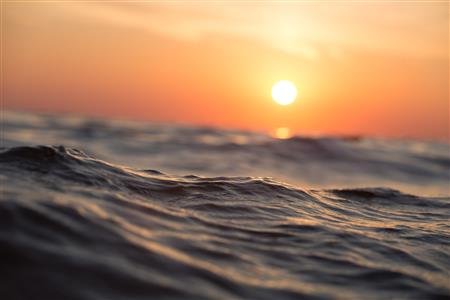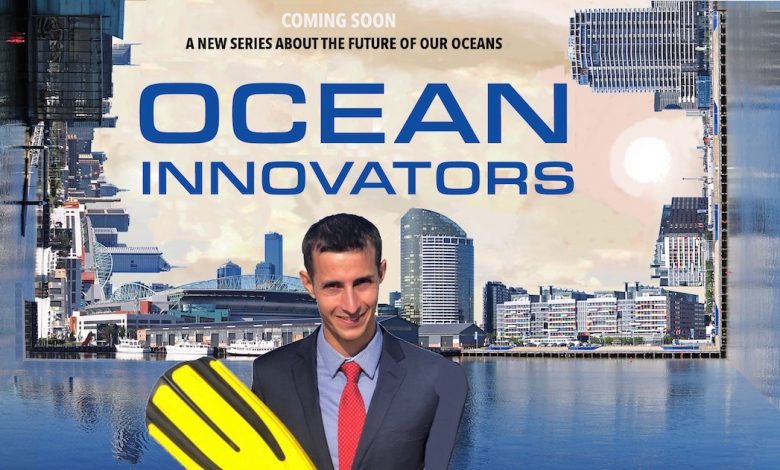
EcoEducation: Saving Our Oceans
This was our largest meeting by attendee count by far. 62 people registered for this event that featured Ludovic Grosjean, who was named one of Rotary’s People of Action: Young Innovators in 2018. Before getting into what we heard and learned, a little shout out to Bethany Esse, new Club President and Steve Solbrack for organizing such a seamless Zoom meeting. With such a large group we could not do our usual introductions, so Bethany and Steve used the breakout group feature in Zoom so we could get a little fellowship into the meeting. Nicely done.
Ludovic Grosjean's passion for our oceans is evident and he welcomed us to help him save them by taking small easy to accomplish steps. His vision is that Rotary can take on this seemingly impossible challenge the same way it took on the seemingly impossible challenge of eradicating Polio - bit by bit. In his words - Every action is a big action if millions of people do it. Ludovic pointed out that 90% of the plastic pollution in the word's oceans comes from just 10 rivers in Africa and Asia. By concentrating on these rivers, we can have an enormous impact. Read more about this effort.
What can we do from Minnesota to help the health of rivers in different continents? One of the best things we can do is reduce our consumption. One hard truth is that many of the items that we cast off and believe are being recycled actually end up as pollution in our oceans. The items in our recycling bins often go to other countries to sort and many times can't be recycled and actually end up as trash. Some of that trash makes it to the rivers. Much of the manufacturing to make ever cheaper and more disposable goods is done in the countries with the 10 rivers mentioned above. Manufacturing waste ends up in those rivers.
Ludovic also shared that plastic pollution is just one of many threats to our oceans. Over fishing, ghost fishing, sea-rise and temperature rise, dead zones, habitat destruction, microplastics that end up in our food, light pollution that inhibits turtles from finding their way. He notes that human impacts are felt faster in oceans than on land.
Want to learn more about social and technological innovations that are taking on this sobering list? Ocean Innovators is launching a new online video/podcast series.

